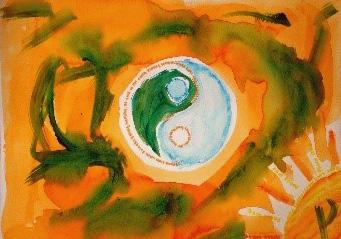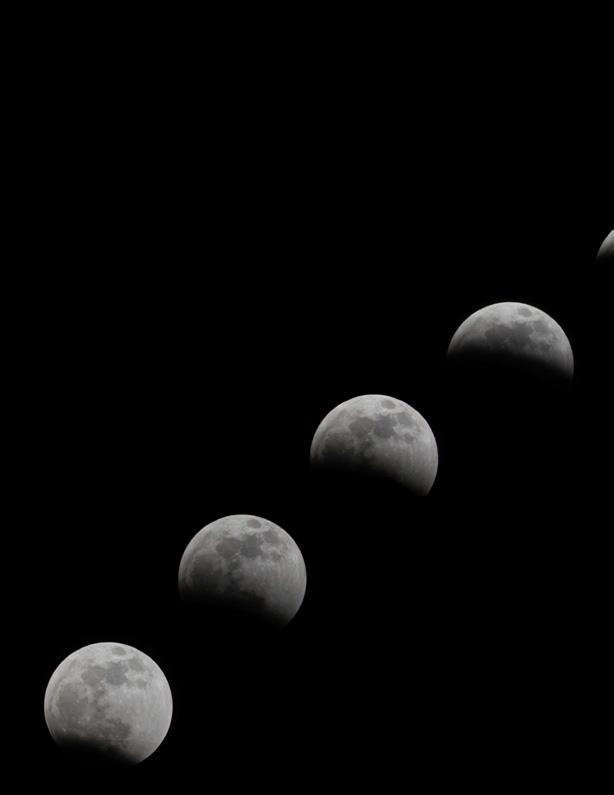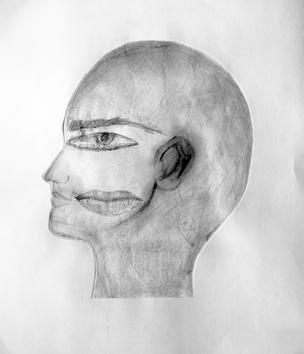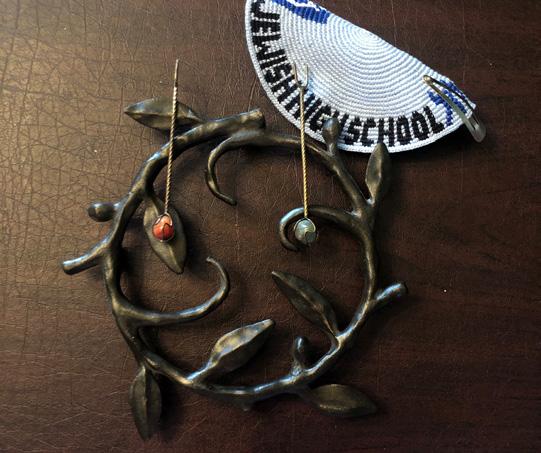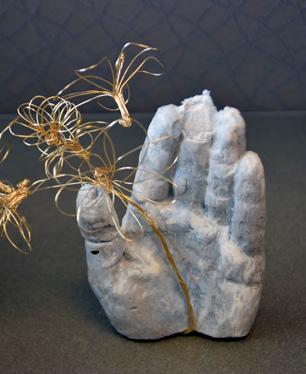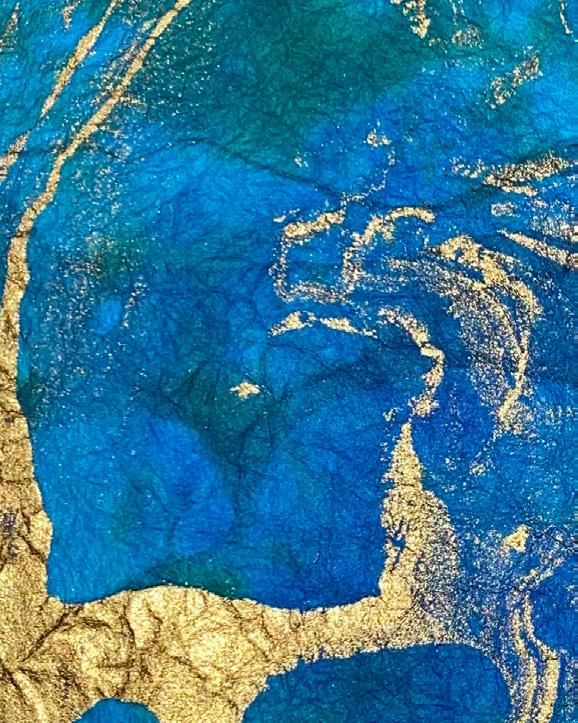The Torah of Rochelle Zell
Lo Lefached, Do Not Be Afraid Elitsa Sklar, RZJHS 2020
Elitsa delivered these words during the siyum ceremony.
in turn, transform me.
From our first Tefillah freshman year, to bus rides beWhen I was in Israel for my older fore cross country meets, to Shabbatons and ultimately, brother’s bar mitzvah, my family stayed our senior Israel experience, this song, kol haolam kulo, on a kibbutz in the Golan heights less than a mile away is an RZJHS favorite, and today, as we conclude our Rofrom the border with Syria. After Shabbat dinner, my chelle Zell journey, I would like to delve into the words siblings and I playfully explored the bomb shelters be- and deep meaning of Rabbi Nachman’s poetic verse in fore joining the adults outside to eat cholent on a beau- relation to the upcoming Jewish holiday of Shavuot and tiful, star-filled night. Suddenly, we heard explosions in our current reality. the background, chemical weapon bombings from Assad’s regime in Syria. Panicked, people ran towards the Shavuot celebrates the receiving of the Torah and the rebomb shelter. Tears began strolling down my face, and lationship between the Jewish people and G-d. In Exothe fear of the unknown overcame me. I was trembling dus: 19:17: it says, ”Vayotze Moshe et ha’am likrat haElowith fear. Suddenly, I felt a hand on my shoulder, and him min hamachane; vayityatzvu b’tachtit hahar. Moshe this Israeli man, our neighbor for the next week on the led the people out of the camp toward G-d, and they kibbutz, began quietly singing a familiar song by Rabbi took their places b’tachtit hahar, which in the context is Nachman of Breslov. best translated as at the foot of the mountain. However, midrashicly it is understood as the Israelites were physiThe lyrics go as follows: kol haolam kulo gesher tzar cally under the mountain, tachat hahar. meod v’haikar lo lefached klal. The whole entire world is a very narrow bridge. V’haikar lo lefached klal. And the In a well-known rabbinic midrash commenting on the most essential thing is not to fear at all. word b’tachtit hahar, Rabbi Avdimi bar Chama bar Chasa said that G-d “overturned the mountain above All of the kibbutz members began joining in, adding the Jews like a cast, and said to them: If you accept the their voices one by one to create a communal song. And Torah, excellent, and if not, there will be your burial” a sense of calm enveloped me. The community and to- (Shabbat 88a). Such imagery seems extremely threatengetherness on that night while singing this song made ing and violent, instilling immense fear. The act of reme realize that I was on this metaphoric narrow bridge, ceiving the Torah itself is terrifying; am Israel love G-d a quintessential liminal space. Amidst the fear of the but simultaneously fear G-d. In Sefer Devarim, G-d’s unknown, I felt a strange but welcoming calmness, that voice is described as coming out of “haesh hagedolah even in the most difficult situations, I felt G-d’s protec- hazot: a fearsome fire” and the Israelites fear that if they tive presence surround me; I felt thousands of years of hear another word of G-d they will die. G-d wants Benei Jewish tradition. I felt Jews all around the world advis- Yisrael “l’yirah oti,” to revere me. But they are fearful, so ing me not to fear. Moshe hears the word of G-d and relays it to Am Yisrael. When I first came to Rochelle Zell, I observed the then-senior class begin Tefillah by singing these exact words I heard in Israel years before: lo lefached, don’t be scared. Coming in not knowing others, I was intimidated by the workload and the new teachers and a new, unfamiliar environment. After the experience of singing Rabbi Nachman’s song together with all of RZJHS, I knew immediately that the high school I chose would be much more than a mere brick and mortar education; high school would transform into a second home that would, 6
The imagery of G-d holding up Har Sinai over Benei Yisrael’s heads has a dual and seemingly contradictory meaning; it is also interpreted as an act filled with love and joy. The Mechilta d’Rabbi Yishmael, a halachic midrash on the book of Shemot, connects the quotation from Shemot of being under the mountain to a verse from Shir Hashirim, Song of Songs, a book in the Tanach whose theme is all about love, classically understood as the love between the Jewish people and G-d. See Sklar, next page



